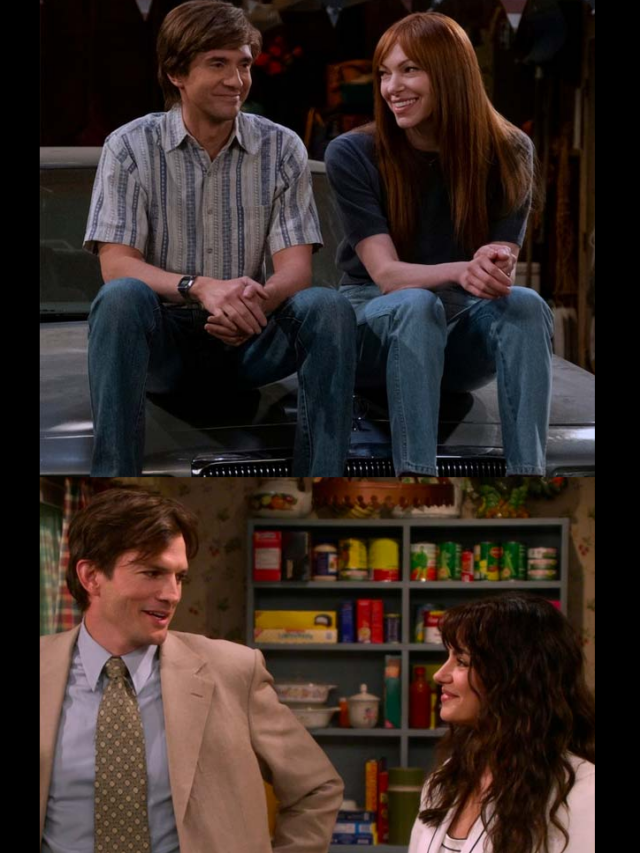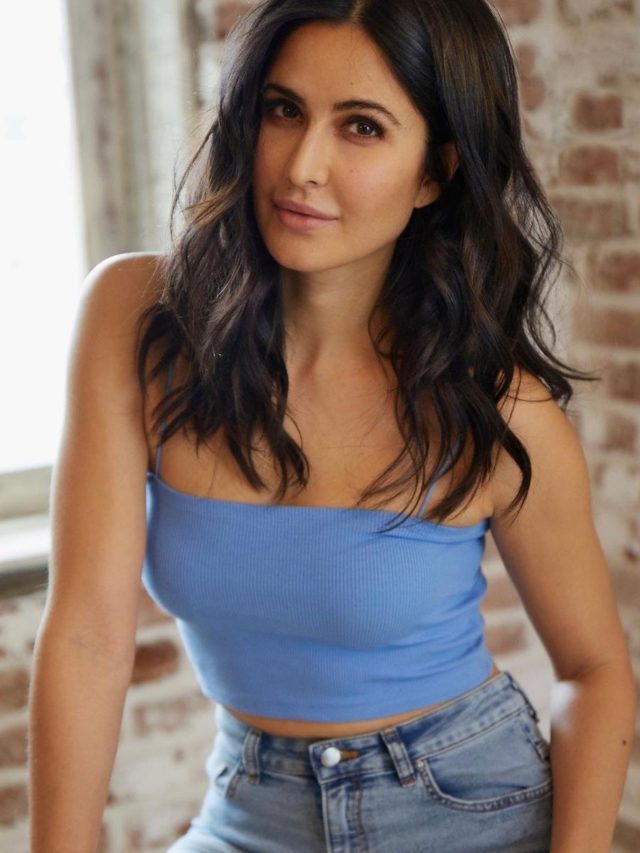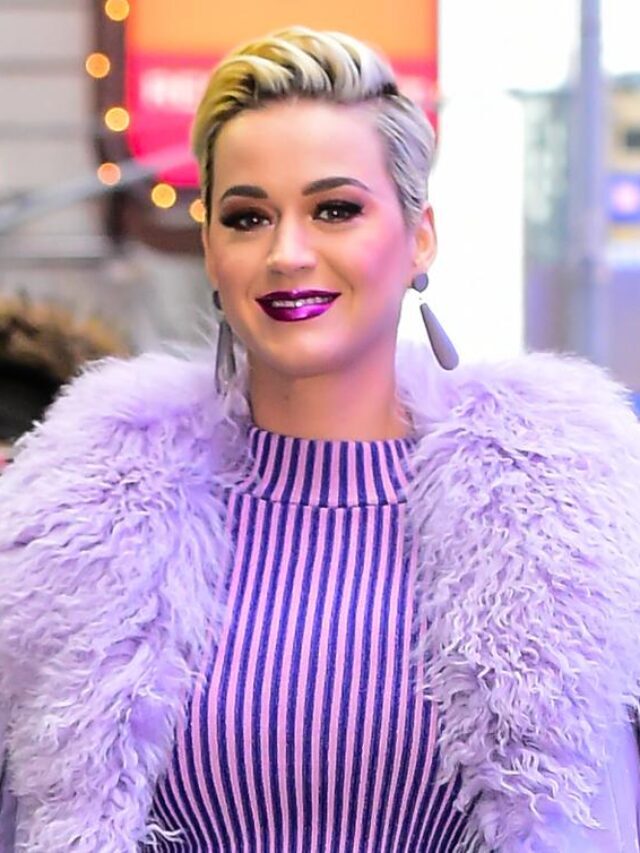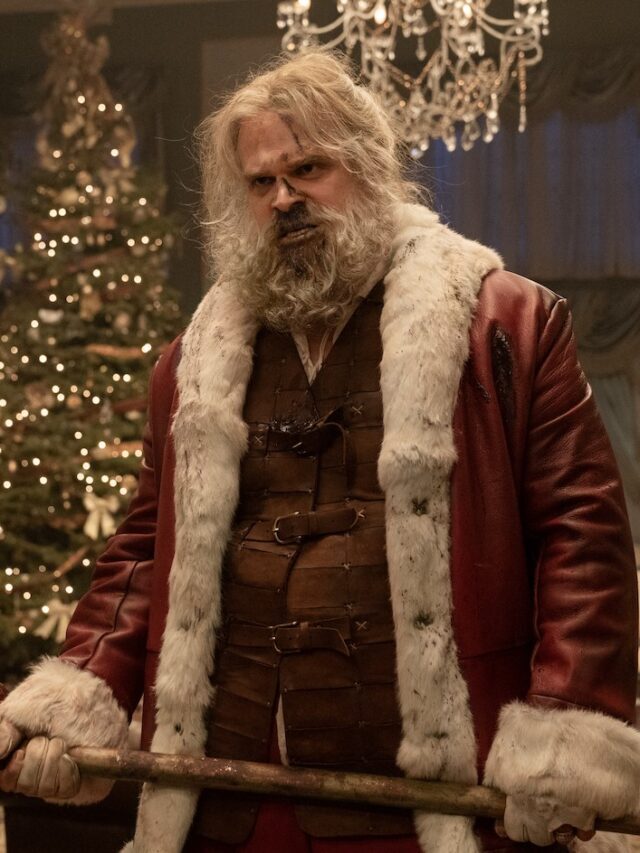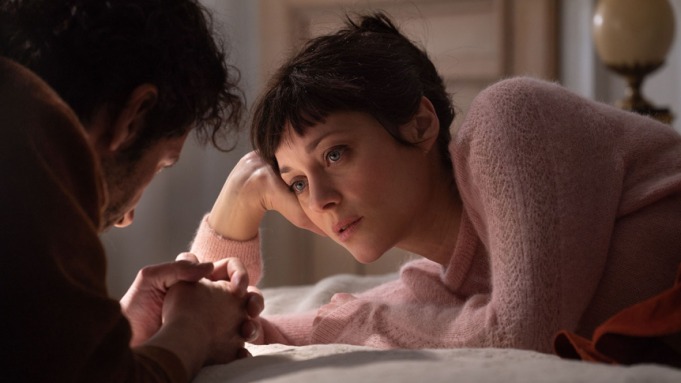In his most recent film for the Official Selection at Cannes, Cannes veteran Arnaud Desplechin revisits some of his favourite subjects, including literature, anthropology, Judaism, and the cathartic consequences of acting. The auteur’s primary focus is an investigation of adult children caught in a family crisis, the emotional landscape of two of his strongest and most well-known films, Kings & Queen and A Christmas Tale. These enliven the multifaceted narrative and take it down unexpected side paths. Similar to the later drama, Brother and Sister centres on the Vuillard family, which lost a 6-year-old kid, has an Abel as its patriarch, and has a long-running case of sibling animosity. Even though one of them will transcend gravity in a fit of hallucinogenic fervour or simple wizardry, the Vuillards of Roubaix in this incarnation are neither expansive nor wealthy, keeping them somewhat more grounded.
The film, as its title suggests, focuses on a specific relationship between two siblings who are around 50 years old and whose animosity is so excessive that it occasionally borders on humour. Marion Cotillard and Melvil Poupaud are at the top of their game as the long-separated Alice and Louis, finding exquisite grace notes in all the ferocious self-dramatizing and loathing. This is both actors’ second major performances for the writer-helmer (she also had a small role in My Sex Life… or How I Got Into an Argument).
Desplechin is an astute observer of the human comedy and one who fosters environments devoid of judgement in which to witness and relish even the most repulsive self-indulgence. This unquestionably holds true for Brother and Sister, a novel that draws its two main characters and a number of its supporting characters with a compelling intensity. Something more significant—to use the dreaded M-word—metaphorical—is at play here in addition to the interpersonal relationships. The film reveals a grudge that has grown into its own independent force, unbound by logic or reason. It’s tough to avoid thinking about the geopolitical chaos of the world we live in while watching characters who find it simpler to escalate a fight than to commit to diplomacy and situations where collateral damage is the norm.
By the end of the movie, the riddle of exactly how the worm turned for Alice and her younger brother is only partially resolved. But it is immediately apparent how much of a toll her unyielding hostility has on them. A prologue that is both succinct and filled with sorrow indicates the extent of the rift. The story then fast-forwards five years to a terrifying series of accidents on a country road that kill a young woman and place elderly characters Abel (Joel Cudennec) and Marie-Louise (Nicolette Picheral) in intensive care, with bleak prognoses.
They were en route to the Théâtre du Nord in Lille for the opening night of their daughter Alice’s production of The Dead, a magnificent adaptation of James Joyce’s short story about family, friends, love, and the passage of time that also happens to be a Christmas story. Alice had second thoughts about performing on stage before she finds out about her parents’ tragedy since she punched herself in the face after reading her brother Louis’s most recent collection of poetry. She views his writing as such a slight to her that she and her playwright husband André Borkman (Francis Leplay) once filed a libel lawsuit against him.
Meanwhile, Faunia (Golshifteh Farahani), the wife of Louis, needs to be retrieved from the remote home where she and Louis have taken refuge following the passing of their son. Their close friend Zwy (Patrick Timsit, in mensch mode and pitch-perfect) must rent a horse to go there because it is so far away.
Comings and goings at the hospital and the apartment of the youngest sibling Fidèle (Benjamin Siksou) and his husband, Simon, must be choreographed with something resembling accuracy because the sister and brother are both back in their hometown and determined to avoid each other (Alexandre Pavloff). You’re painted into a corner, pal, Zwy says to Louis when they arrive at the airport and see Alice’s image on a sizable poster for her theatre company. Brother and sister are consumed with maintaining their distance, and they largely succeed, but a few unexpected collisions—both actual and metaphorical—punctuate the narrative, one with a touch of melodrama and the other with a spectacular anticlimax.
Louis and Alice are becoming increasingly irrational and self-medicating, each in their own way, as a result of their close proximity to one another and the impending deaths of their parents. She’ll subsequently provide a psychiatrist the prescriptions she thinks she needs when he makes an illicit drug buy in Roubaix as one of his first orders of business there. She chooses a glass of gin for a morning interview with a journalist (Jonathan Mallard), but the talk and the alcohol are quickly dropped whenever Louis comes up. Alice claims that she has “always sided with the wounded” as a reason for her inability to recognise the existence of her poet brother. She thereby supports Louis’ criticism of her “alarming thirst for saintliness”—one of his pet peeves—as well as the censorious atmosphere he cites as the reason he abandoned teaching.
Joseph, Alice’s teenage son, is a lovely spirit with an angelic feel who seems to belong more to the family as a whole than to Alice and André specifically (Max Baissette de Malgaive). In addition to her dislike of Louis, Lucia (Cosmina Stratan), a fan who approaches Alice outside the theatre one night and professes her deep devotion, has been Alice’s main source of recent emotional connection. A poor Romanian immigrant (how did she pay for her theatrical ticket? ), Lucia is reserved about her own history but eager to hear Alice’s, and the experienced actor is pleased to have a private audience. She remembers, admitting her love for Louis, “hate really overtook me one day.”
Desplechin weaves and unravels the story’s strands with a fluid propulsion, assisted by longtime colleagues Laurence Briaud, the editor, and Irina Lubtchansky, who has been the director of photography on all of his films since 2014 with the exception of Deception from the previous year. The movie travels quickly between the two major characters, but it takes its time revealing what makes them tick, to the amount that it does, by letting them argue, pretence, and perform. Louis sees Joseph and thinks of his late son, but that doesn’t stop him from launching into a public rant at his nephew. His outburst is followed by Alice’s, a gorgeous meltdown directed towards a nice and helpful pharmacist (Salif Cissé), which is reminiscent of Julianne Moore’s outburst in Magnolia.
Even though they appear to be youngsters acting out, it is nevertheless astonishing to hear them individually beg Abel, who is lying in a hospital bed across the hall from his wife, who is unconscious, to end their conflict. While the Vuillards are Catholic, Louis uses a Yiddish word for “blessing” upon seeing Abel, and there are strong indications that Faunia is Jewish. The plot veers toward and away from reconciliation, complete with a startling leap into fantasy and a fantasy-free Yom Kippur service that Timsit and Louis attend. In contrast to the powerful first half, things become more choppy later on. There isn’t a predictable moment, though, and Cotillard (who most recently collaborated with Desplechin on Ismael’s Ghosts) and Poupaud (who portrayed a somewhat more composed Vuillard in A Christmas Tale) bravely embrace their respective characters.
The narrative offers arresting moments for other characters as well, with Timsit and Farahani, who stands out as a lady who is happy to be the “wife of a pariah,” leaving the strongest impact. Cudennec also stands out because he makes the most of his mostly bedridden screen time to paint a natural portrait of a man who is determined to live life to the fullest for as long as he can and who is unable to fully acknowledge his part in sustaining the ongoing conflict between two of his children. Siksou’s Fidèle is a less definite character, distinguished by his impartiality towards belligerent states. That trait could be perceived as caring and sensitive. However, it also implies that he has been supporting the absurd status quo and accepting rather than challenging the family rift.
In a scenario that is so understated that it is unnerving, Alice and Louis will have to work things out on their own, sort of. It’s barely fulfilling in terms of the plot, and what comes next is a tiny flurry of happenings, all of which could be Desplechin’s method of emphasising how straightforward and commonplace the answer is—and how we’ve grown dependent on the drama of tragedy.
The most predictable part of Brother and Sister is where Louis and Alice each end up, shown in passages that are exquisitely written and gorgeously performed, wrapping off this superbly told story in a way that feels too tidy. Then again, perhaps this is how their fought-for peace will appear. We are aware of their beginnings and can appreciate the courage needed to shake themselves free. When Zwy leaves on horseback in the middle of nowhere to break bad news to his close friend, he expresses it best: “I’m terrified, but I’m off.”
Our Team DCS includes 5 different writers proficient in English and research based Content Writing. We allow them and encourage them to follow the Entertainment news all day long. Our posts, listicles and even the exclusives are a result of their hard work.

